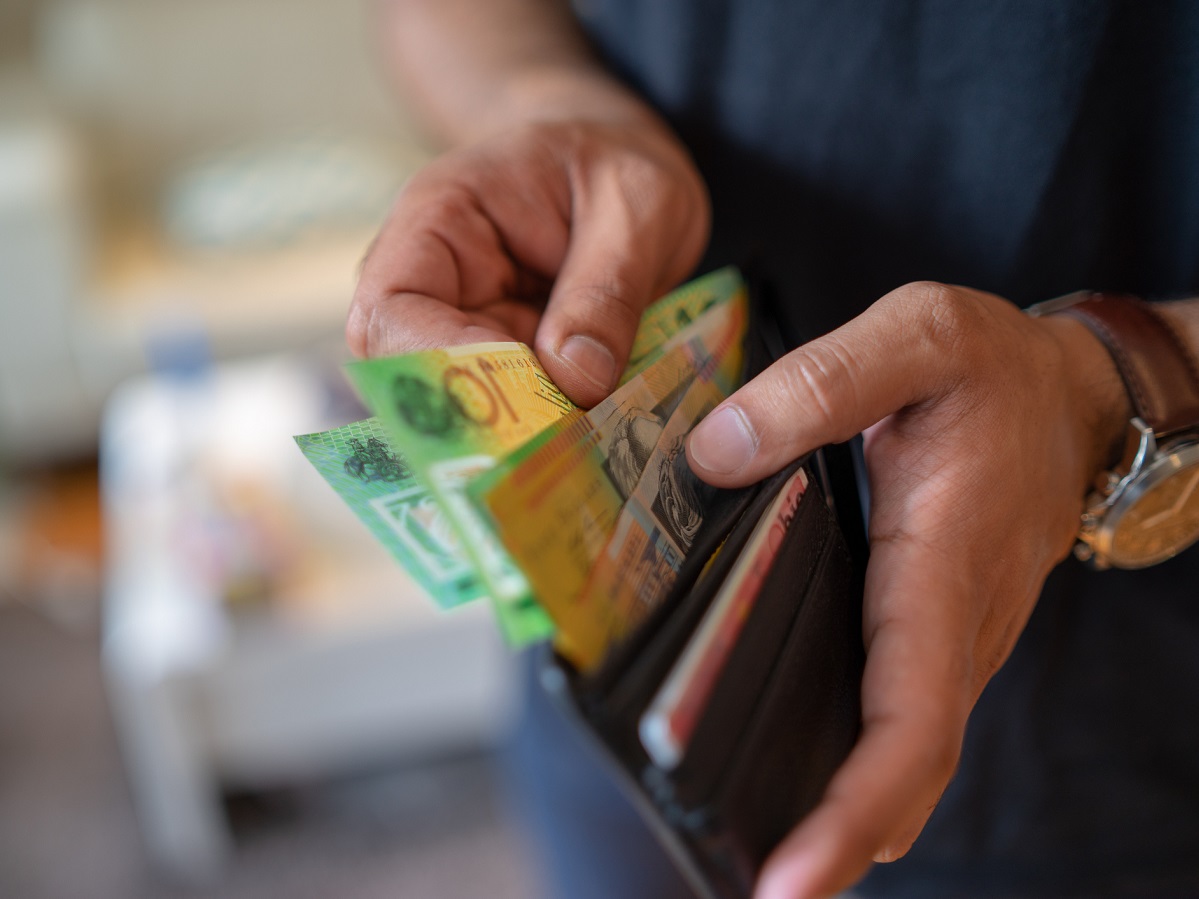Consumer sentiment fell 5.6% in May with two developments unnerving consumers, according to the latest Westpac Melbourne Index.
“The Index is now at its lowest level since August 2020 when households were unnerved by the ‘second wave’ lockdown in Victoria,” Westpac chief economist Bill Evans said. And the weakness in this survey is not related to another pandemic shock but from the combination of rising cost of living pressures and the prospect of rising interest rates.
“Excluding the shocks to confidence associated with the pandemic, this fall is the largest since a 6.9% fall in June 2015, when a steep fall in global share markets was triggered by concerns about the stability of the European financial system and a slowdown in China. This came shortly after May 2014 when a poorly received Federal Budget smashed confidence 6.8%,” he said.
Adding to consumer sentiment woes are concerns about further interest rate rises, with 77% of survey respondents expecting mortgage interest rates to rise over the next 12 months, up from 70% last month. However, 52% expect rates to rise by more than 1%, up from 34% a month ago.
Confidence levels are weakest for those operating in hospitality, retail, construction, education, health, the arts and professional services.
The surge in prices is also affecting the ‘time to buy a major household item’ sub-index which is down 5.7%. “This was near the low seen during Victoria’s second-wave outbreak in 2020, when health concerns were discouraging shoppers, and, prior to the pandemic, the lowest read since the GFC,” Evans said.
“The point at which interest rates become a damaging drag on the economy is unknown but it is prudent to balance the need for policy to catch up with the surety that rates are currently well below that inflection point. Leaving any catch-up moves to later in the cycle risks over-shooting that point.
“The need to avoid an over-shoot later in the cycle is why, despite this disturbing tumble in consumer sentiment, we believe the prudent approach in June would be to lift rates by 40bps rather than the 25bps that is currently favoured by most analysts,” he said.

